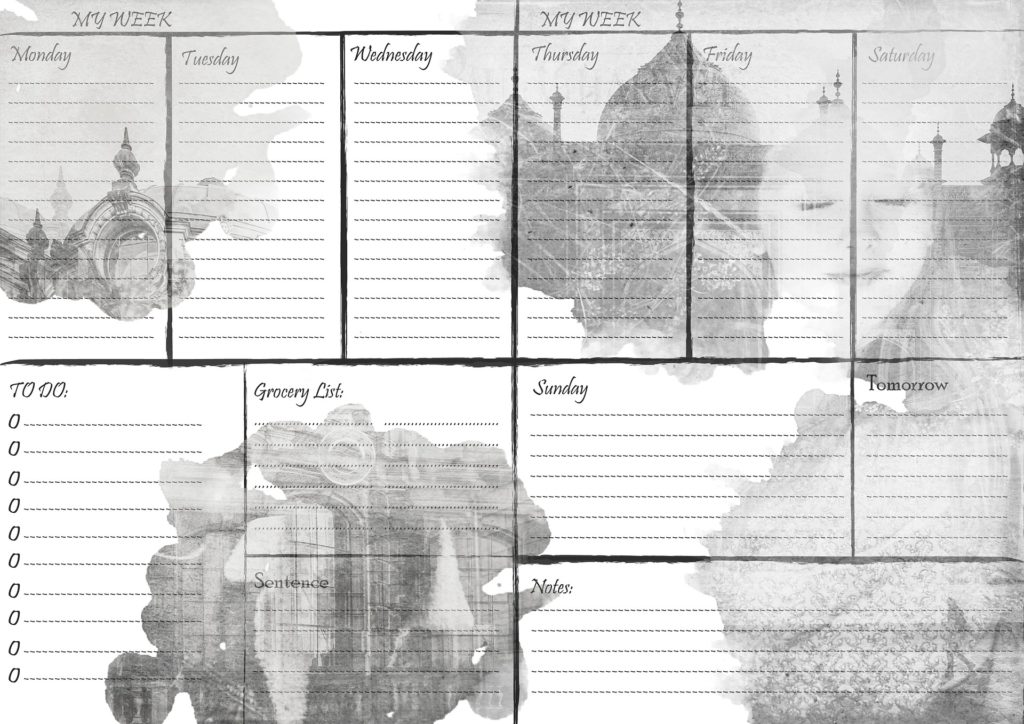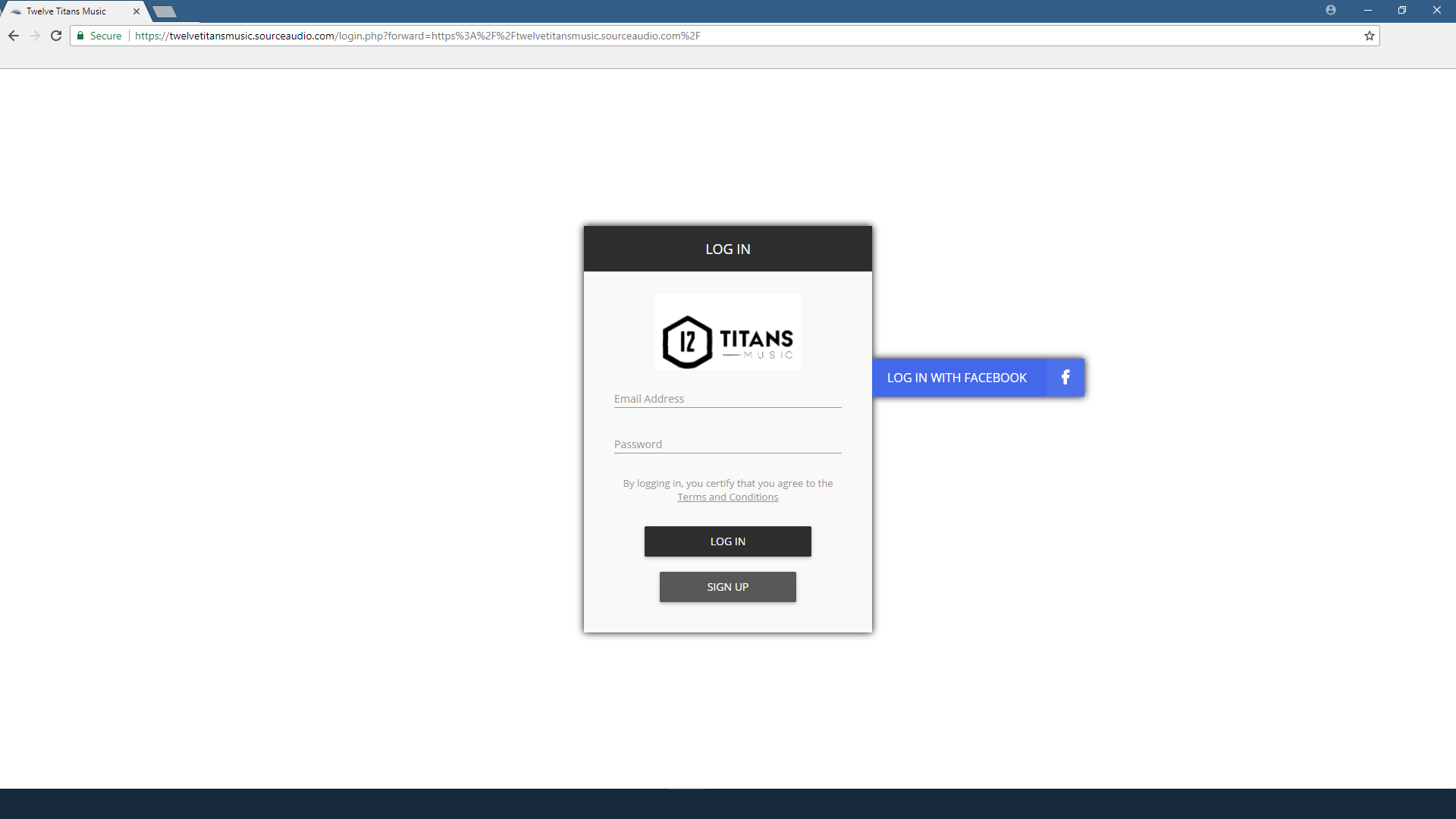
I just read an article about professional self-publishing authors versus hobbyists. I thought it was reasonably presented, well-written, succinct, and to the point. There were a couple of things, though, that niggled at me, mostly because my brain is always adding in the qualifiers, quantifiers, and outliers — the means and the extremes. First, though, a short synopsis:
The author, Peter Mulraney, first defines professional versus hobbyist quite nicely. There can be no argument from the tax authority, which is where the distinction is most critical, much as many a self-published author will dodge that comprehension until after they’ve gotten themselves stuck in some auditing mire.
From there, we get a quick summary of product-based business basics:
- the business plan
- the product and its marketing
- diversification
- record-keeping
- self-discipline

 And, of course, this is where my brain releases devils within details, the first and foremost being that, in order to do #1 on the list, you have to have previously mastered #5, no small feat for many. Heck, for the majority, it’s tough to even muster enough self-discipline to get up in the morning in time to shower, dress, and head out for the day job with enough time to spare that some unforeseen delay like a train at a railroad crossing doesn’t send them into a frothing frenzy because they’re going to wind up fifteen minutes late for the job …again. Hence, you see that frenetic driver, their body leaned forward in urgency as they weave in and out of traffic to then cross three lanes in a dive for their exit, tires smoking as they round the last corner to scream into the employee parking lot.
And, of course, this is where my brain releases devils within details, the first and foremost being that, in order to do #1 on the list, you have to have previously mastered #5, no small feat for many. Heck, for the majority, it’s tough to even muster enough self-discipline to get up in the morning in time to shower, dress, and head out for the day job with enough time to spare that some unforeseen delay like a train at a railroad crossing doesn’t send them into a frothing frenzy because they’re going to wind up fifteen minutes late for the job …again. Hence, you see that frenetic driver, their body leaned forward in urgency as they weave in and out of traffic to then cross three lanes in a dive for their exit, tires smoking as they round the last corner to scream into the employee parking lot.
Luckily, Peter lays out a nice road map, though, defining a business plan as “setting measurable goals.” He then gives a tidy example:
- writing and publishing a book every year – that means scheduling time to write
- building a body of work within a defined timeframe, for example, ten books in five years – that means committing to the long term view
- setting sales targets, for example, selling 10,000 or 100,000 copies – that means scheduling time for marketing
 Let’s take a look at those, shall we? Write and publish a book a year, and — very important this — scheduling the time to write that book. Okay. Do-able. …For some.
Let’s take a look at those, shall we? Write and publish a book a year, and — very important this — scheduling the time to write that book. Okay. Do-able. …For some.
But, wait. Check out bullet point number two: Build a body of work within a defined timeframe — ten books in five years.
[Sputter.] That’s two books a year, something even big-name, trad pubbed authors often sweat to accomplish …and they (supposedly) have editors and agents to help them along in meeting that goal.
But there’s help once you’ve got number one out the door. It’s NaNoWriMo!
Voilà! That should get you book number two for the year.
Okay. Onto the second part of bullet point number two: committing to the long-term view. Now, I ask: How many folks can you name, including yourself, who can make a monthly plan and stick to it?
 How about just a weekly plan?
How about just a weekly plan?
A day plan?
Okay. Let’s lower the bar: How about just making and fulfilling a monthly shopping list of everything needed in your household for the month, vowing to never venture out to the store again until thirty days hence? …How about just a week’s worth?
I’m sorry, but most everyone I know these days, save myself and Bill next door, can’t even manage a full day! And you think a five-year plan is going to be a functional reality? Do you remember that research paper you had to turn in by the end of the month in high school? How did that work out? That book you were assigned to read and give a book report on? That chapter of reading for History class?
If the honest answer is, “Great! No problem. Always got my goals and assignments done” or, even, “Usually got my goals and assignments done,” then, yes, do give long-term goal-setting the go. If not, practice completing short-term goals, increasing the length of time for each practice goal by twice every time you succeed. Once you have managed to succeed at setting and accomplishing a yearly goal, then, okay, give longer-term planning a try.
And now we come to bullet-point number three: “setting sales targets.”
 In a word, don’t. Not even if you’re a best-selling, trad pubbed author with an awesome advance release team and publicist, plus an in on Oprah …unless,of course, you’re the mob boss in some mafia, syndicate, or cabal with enough influence that will guarantee the numbers you set yourself, by hook or by crook.
In a word, don’t. Not even if you’re a best-selling, trad pubbed author with an awesome advance release team and publicist, plus an in on Oprah …unless,of course, you’re the mob boss in some mafia, syndicate, or cabal with enough influence that will guarantee the numbers you set yourself, by hook or by crook.
As to some of the details Peter mentions, I’m only going to address this one, because it’s to-the-point and on-target:
“Being in business means being flexible with what you write and publish. There is no point in persisting with a product line that does not sell.”
Bingo!
And here’s the translation: If the books you’re passionate about writing don’t sell, are you willing and able to write what does? Because that’s the difference between being a professional self-publisher and being a writer. The bottom line drives the former; passion, the latter. I count as the latter, which, because I do make a profit, because it’s work, not a hobby, makes me, not a professional self-publisher, but a professional author who now just happens to choose to self-publish rather than go back with the trads.



